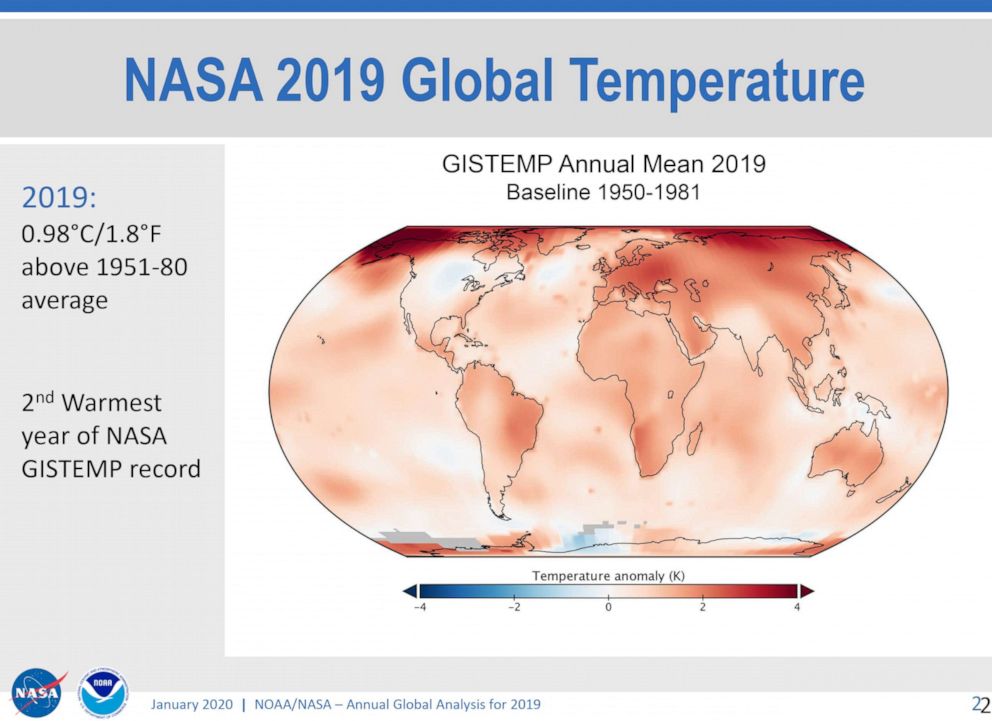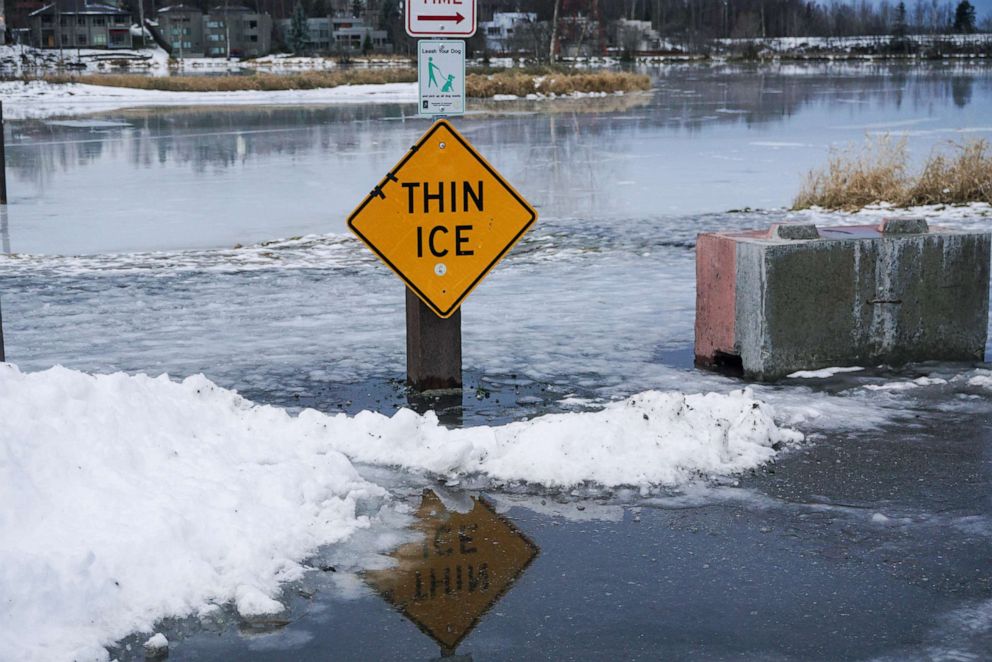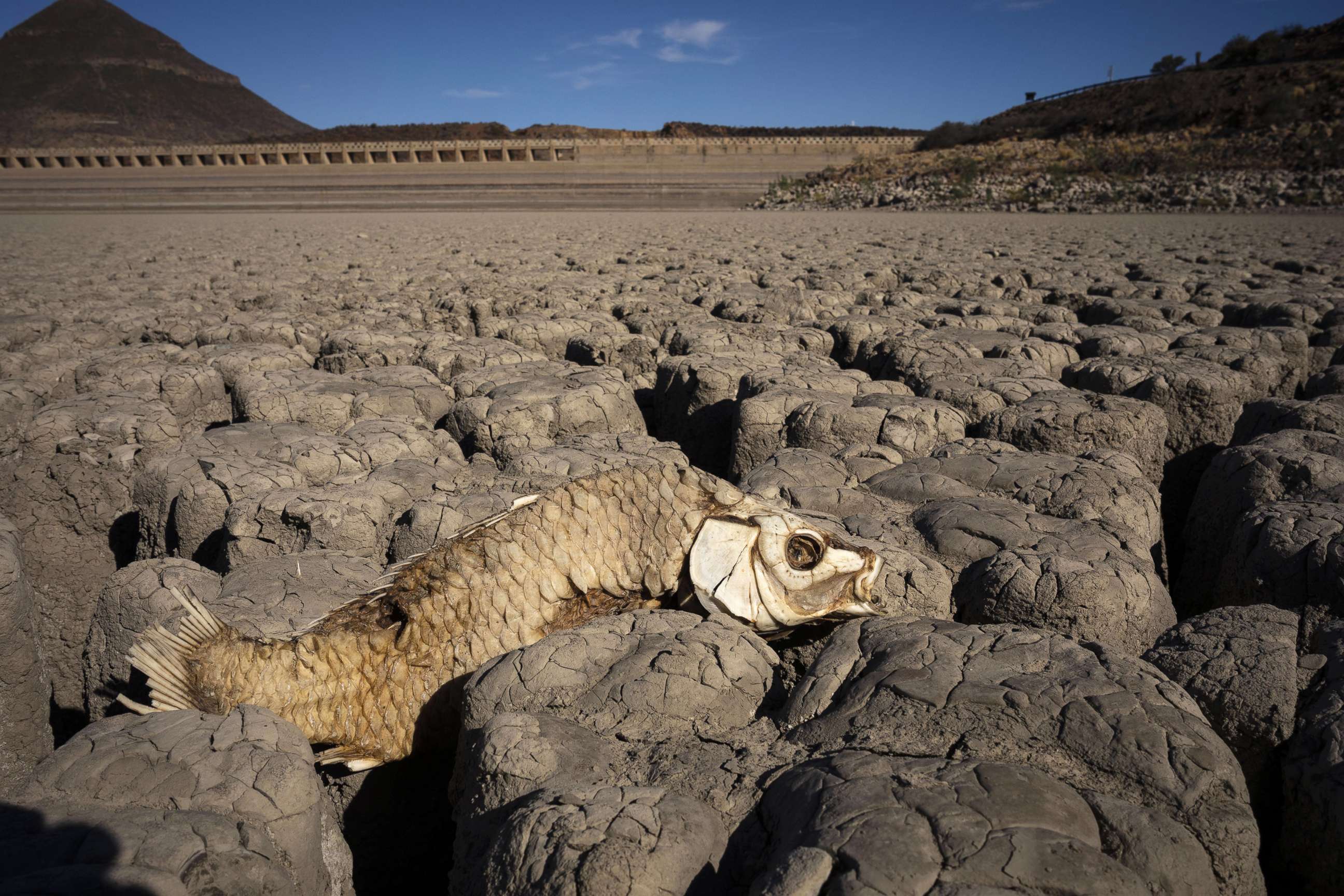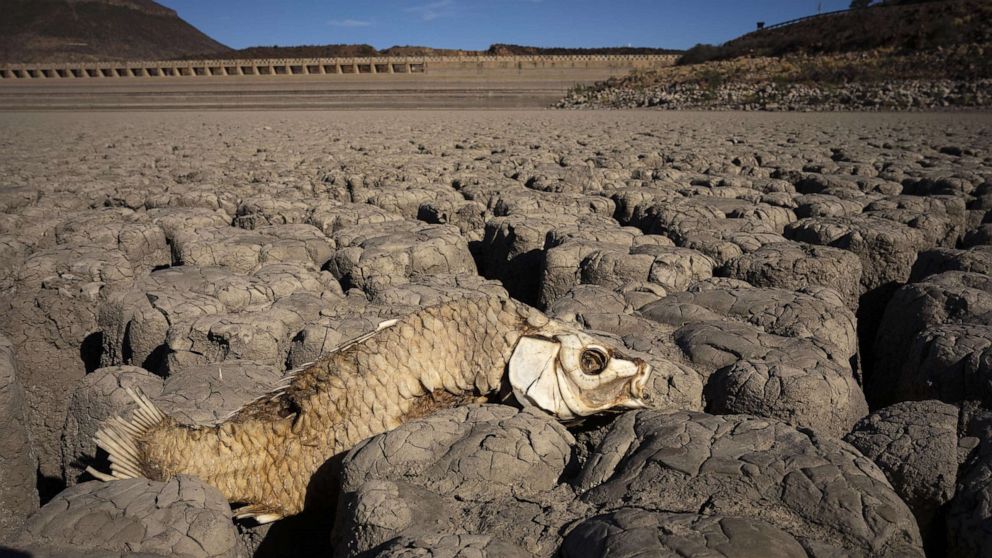The last decade was the warmest ever recorded, 2019 the 2nd warmest year in history
Last year was the second warmest year on record around the globe, making the last decade the warmest in recorded history, according to a new government report released Wednesday.
Scientists from the National Oceanic and Atmospheric Administration and National Aeronautics and Space Administration said the higher average temperatures are the result of human activities that release greenhouse gases and that the trends of warming show that the effects of global warming and climate change are continuing beyond year-to-year fluctuations in temperature and weather.
Experts from NASA found that average global surface temperature has consistently increased since the 1880s, which their analysis found has been driven by emissions of carbon dioxide and other greenhouse gases produced by human activity such as energy production and transportation.
“We crossed over into more than 2 degrees Fahrenheit warming territory in 2015 and we are unlikely to go back. This shows that what’s happening is persistent, not a fluke due to some weather phenomenon: we know that the long-term trends are being driven by the increasing levels of greenhouse gases in the atmosphere,” said Gavin Schmidt, director of NASA’s Goddard Institute for Space Studies.
In 2019 temperatures around the world were higher -- about 1.8 degrees Fahrenheit or 0.98 degrees Celsius -- than the historical average, according to data from NASA and NOAA. It's the 43rd year in a row that temperatures were above average, the agencies said.

While the rise in temperature may seem small in terms of day-to-day weather, climate experts say even a small amount of warmer average temperatures can change weather patterns and trigger more serious consequences that may not be possible to reverse as the trend continues.
The amount of heat in the ocean was also the highest ever recorded in 2019. The oceans absorb heat and carbon dioxide from the atmosphere which both raises the temperature and makes the water more acidic, threatening marine life in many areas.
Deke Arndt, chief of the global monitoring branch of NOAA’s National Centers for Environmental Information, said ocean temperature is an important measure of overall trends because roughly 90% of warming from greenhouse gases in the atmosphere is transferred to the ocean.
Melting Sea ice continued last year, creating a major decline. Numbers in 2019 show the second-smallest coverage recorded in history in both the Arctic and Antarctic oceans.
Several parts of the world saw record-high average land temperatures including Australia, where high temperatures and drought made more severe by climate change are believed to have worsened the devastating wildfires. Parts of central Europe, Asia, southern Africa including the island of Madagascar, New Zealand, Alaska, Mexico and eastern South America also saw record high land temperatures.
"We are experiencing the impacts of global warming unfolding literally in real time,” Noah Diffenbaugh, senior fellow at the Stanford Woods Institute for the Environment said ahead of the release, adding “the last decade in addition to being the warmest decade on record is a decade in which our understanding of climate change has grown in many ways.”

Diffenbaugh said that while a decade is more of a human measurement of time and is somewhat arbitrary in climate science, the long term trend confirms that despite fluctuations from year to year or in previous decades.
"Global warming is continuing and is very clearly distinguishable from the noise of the global climate system," he said.
Of the last decade, 2014-2018 ranked as the five warmest years on record. In the U.S., Alaska, Georgia and North Carolina felt the highest average temperatures on record with overall above-average temperatures in most of the country.

A separate analysis from the nonprofit Berkeley Earth found that 2019 was the second warmest year on Earth since 1850. That report found the global long-term average temperature will increase an average of 2.7 degrees Fahrenheit -- or 1.5 degrees Celsius -- by 2035 at the current rate of warming.
That report says "The increasing abundance of greenhouse gases in the atmosphere due to human activities is the direct cause of this recent global warming."




